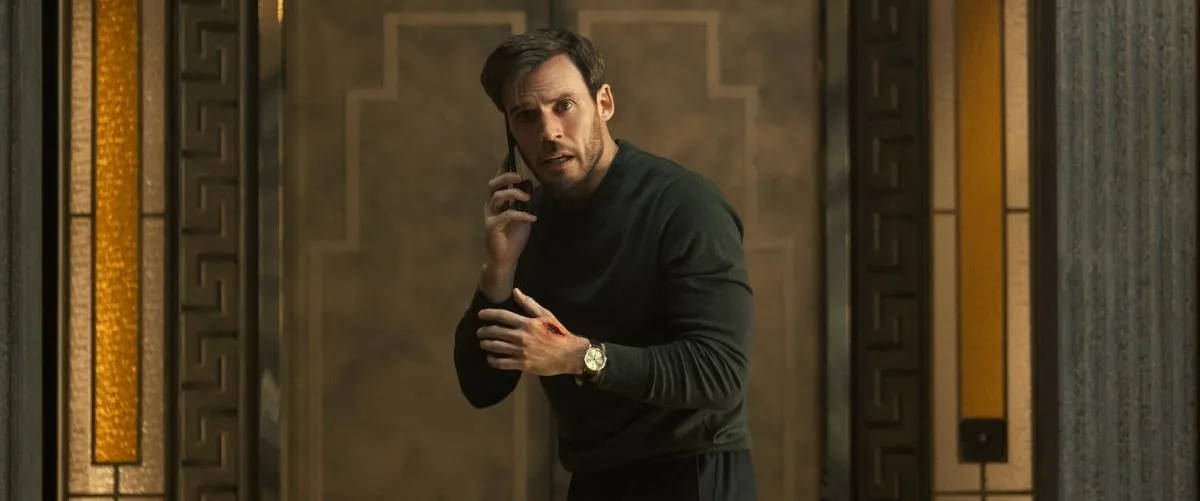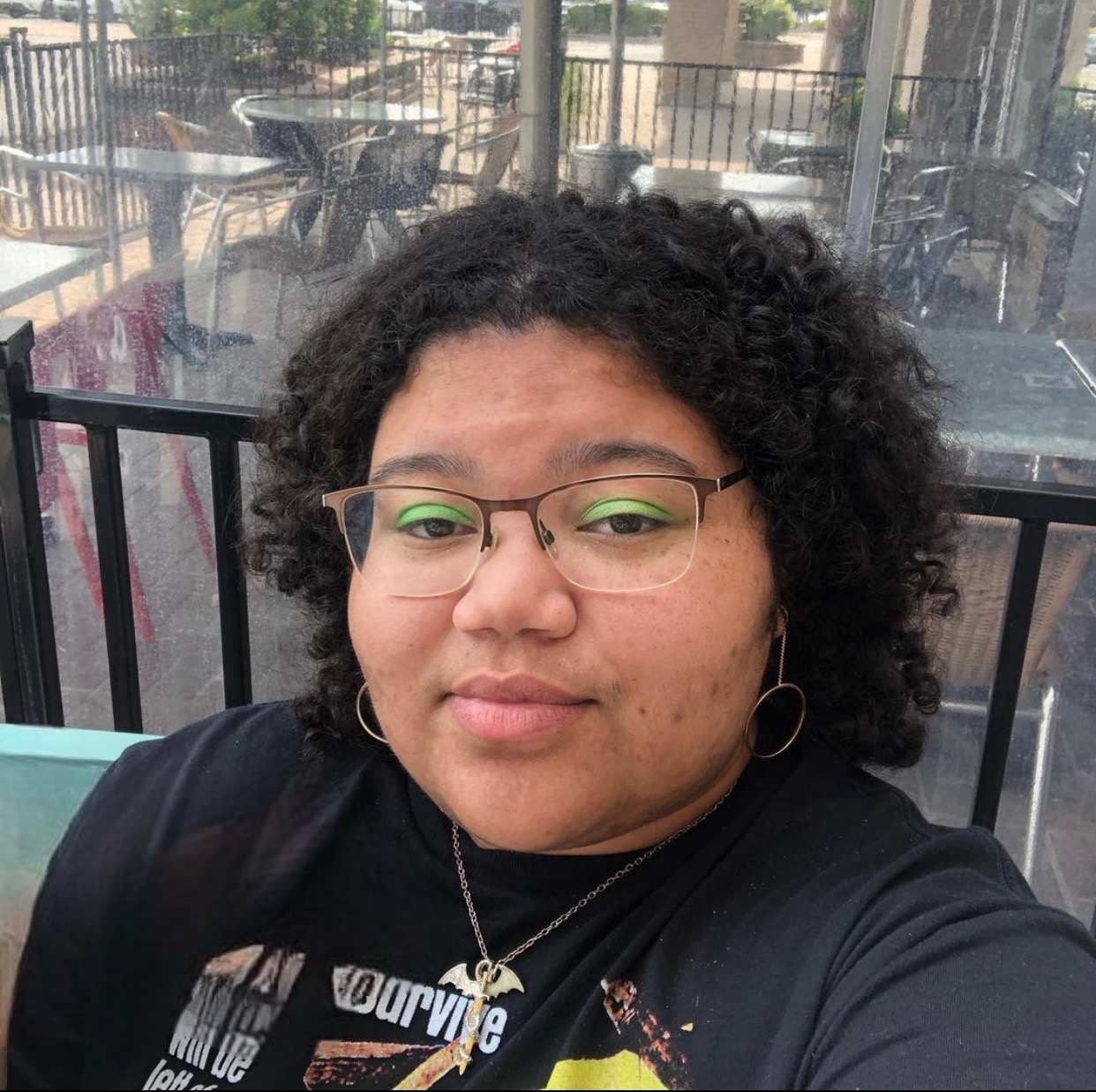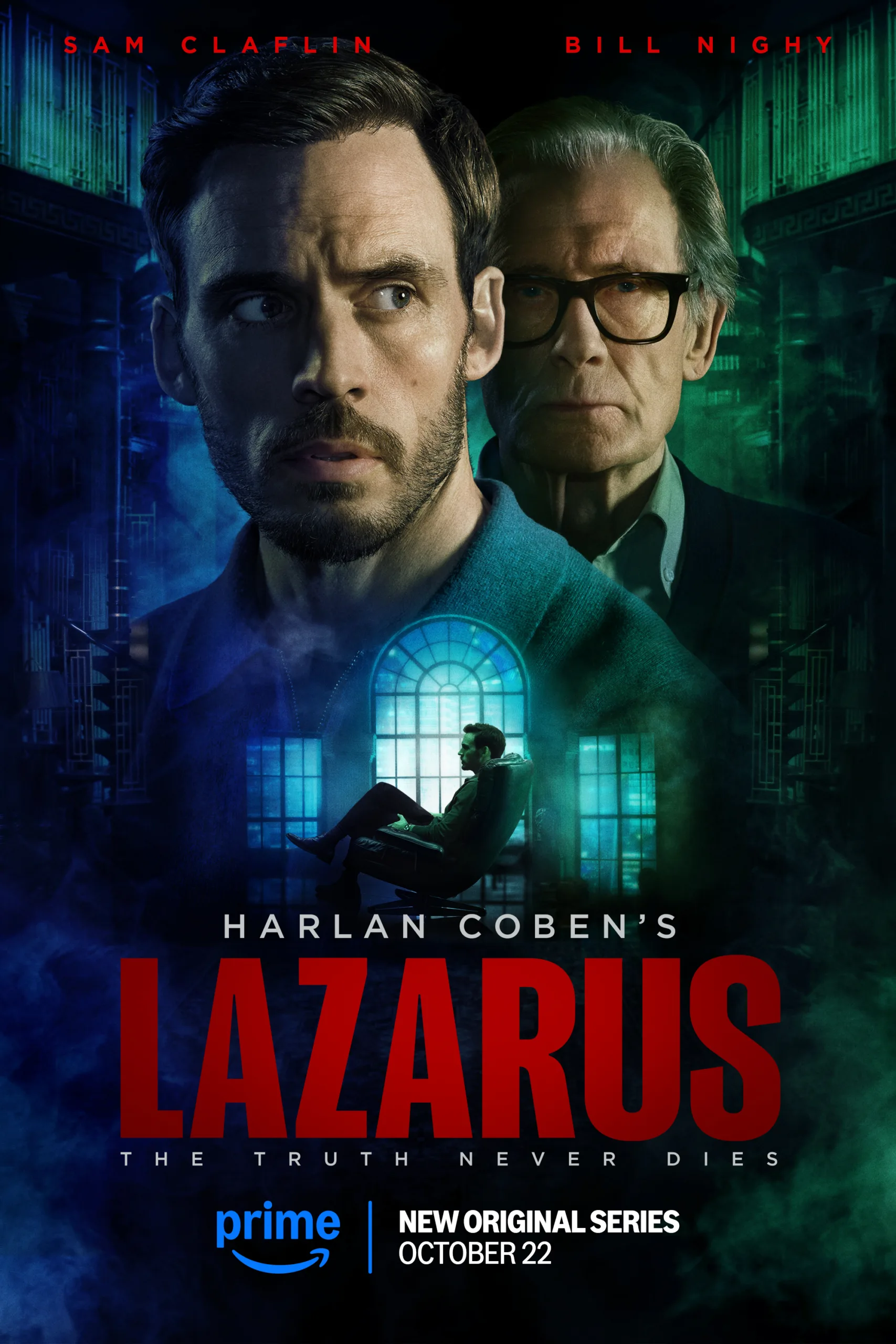While there seems to be a new Stephen King adaptation on the big screen every few months, on the small screen, author Harlan Coben reigns supreme. From the Polish 2020 miniseries “The Woods,” to Netflix’s “Missing You,” which was released just this year, Coben’s works have been adapted nearly to death, until it becomes unfathomable to think that there are still more stories to tell. But, as thriller miniseries continue to dominate streaming charts year after year, it’s safe to say Coben is now a permanent fixture of the genre.
But, as streaming services adapt these stories, you can’t help but wonder if there’s enough to differentiate each of them to warrant their respective existence. Now, with Prime Video’s “Lazarus,” Coben has created an original story specifically for the small screen. The six-part series follows Joel “Laz” Lazarus (Sam Claflin), who returns home after his father’s (Bill Nighy) suicide and begins to have disturbing experiences that can’t be explained. Relying on the help of his sister, Jenna (Alexandra) and his best friend Seth (David Fynn), Laz becomes entangled in a series of murders as he grapples with the mystery of his father’s death, as well as his sister’s murder 25 years prior.
What initially sets this series apart from its peers are the hallucinatory visions Laz begins to have of his father’s patients, many of whom he slowly begins to realize are long dead. One of these clients was even murdered the same year his sister was killed, yet both of their murders remain unsolved. Although Seth looks into the case of the murdered patient and comes up empty with no leads, Laz is convinced there’s a connection between the two slayings. The more he dives into his father’s archives, the deeper he gets into the lives of these troubled individuals, cracking open not only their long-buried secrets, but secrets that threaten to upheaval not only his life, but that of his loved ones.
Cosmic in nature, Laz’s feverish conversations with these ghostly beings feel straight out of a horror film, and paired with these visions are his own memories that are presented to us in a haze. The camera is often blurred, almost as if a sheen has been placed upon it, forcing these images to take on a dizzying, fragmented feel, as if his memories are quite literally unspooling from his mind out onto the screen. While it’s interesting to watch for the first couple of episodes, the plot begins to unravel as each of these ghostly memories and conversations unfold, leaving in their wake a gimmick that grows staler by the episode.
Despite this, these sequences make room for Claflin to experiment in a way he’s not often allowed. At first, Laz cannot distinguish these hallucinations from real life—shrieking in the night at the spectral image of his father, who utters riddles that feel tailored to derail his progres in solving what really happened to his sister 25 years ago, and what lead his father to suicide. He spends long moments in each episode sitting in his father’s desk chair, watching on as patients and younger versions of his family members tell him their darkest secrets.
These secrets, often uttered quickly before these spirits disappear from view, paint a picture that could lead to the solving of Laz’s sister’s murder, or perhaps reveal everything he thought he remembered about that fateful night. When he finds the skeletal remains of someone closely intertwined with one of his father’s previous patients buried within the walls of his father’s office, Laz must reckon with the fact that he may not have known his father as well as he thought.
Laz can’t seem to comprehend where his father’s life ends and where his own begins, each hallucination addressing him by his father’s name and recounting things in their previous sessions that Laz obviously has no recollection of. Each conversation reveals potential suspects in various cases of murder, which Laz holds onto so tight, logic and reason threaten to snap between his fingers. Each inkling he picks out from a refracted memory–some his own, some belonging to the ghostly patients–is wielding like a weapon to craft his own agenda, until it begins to look like Laz may be digging a deeper hole than the one the deaths of his sister and father initially placed him in.
This is where “Lazarus” begins to stumble, as it becomes clear that this is another story about the sins passed down to us by our parents. The series is willing to shed all its intrigue in order to hammer this theme home to its audience, which starts to unravel every inkling of goodwill it’s built up to this point. The show reveals motives and suspects come out of crevices that feel so engineered to surprise you that they often stop making sense, losing the supernatural edge that initially set it apart from even other Coben properties.
Full series screened for review. Premieres on Prime Video tomorrow, October 22.




















